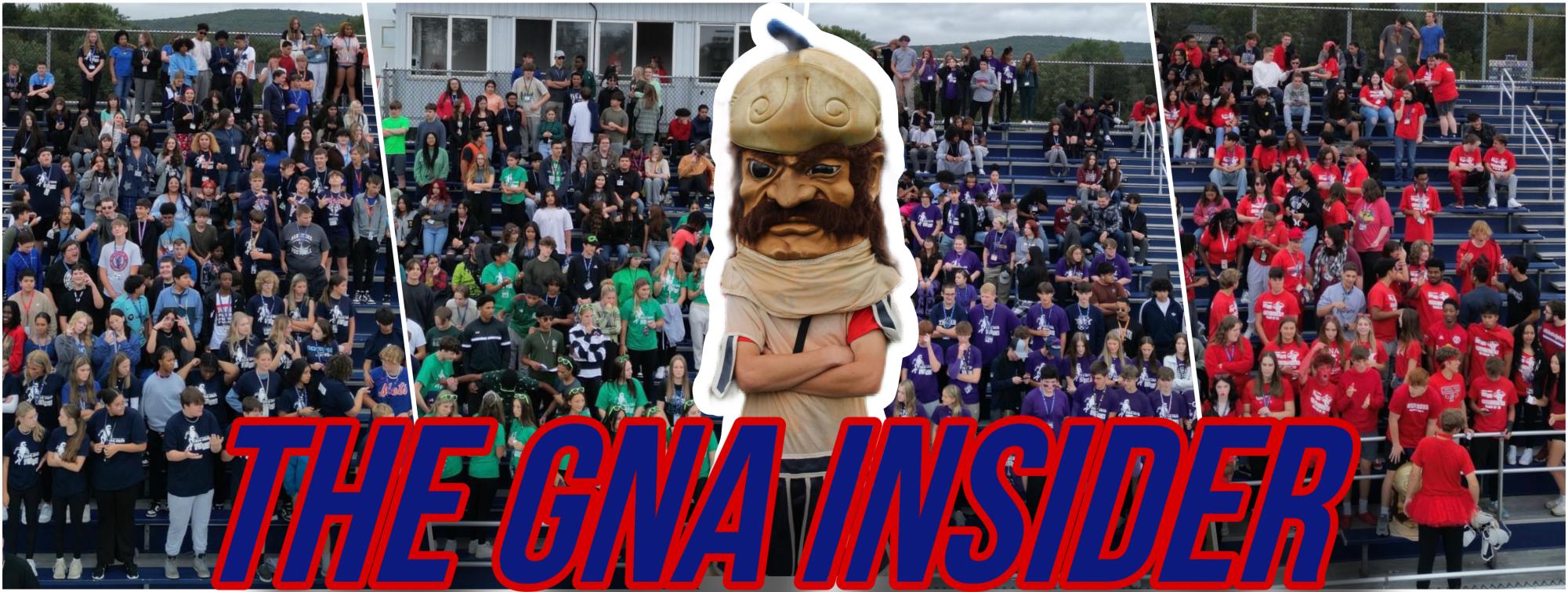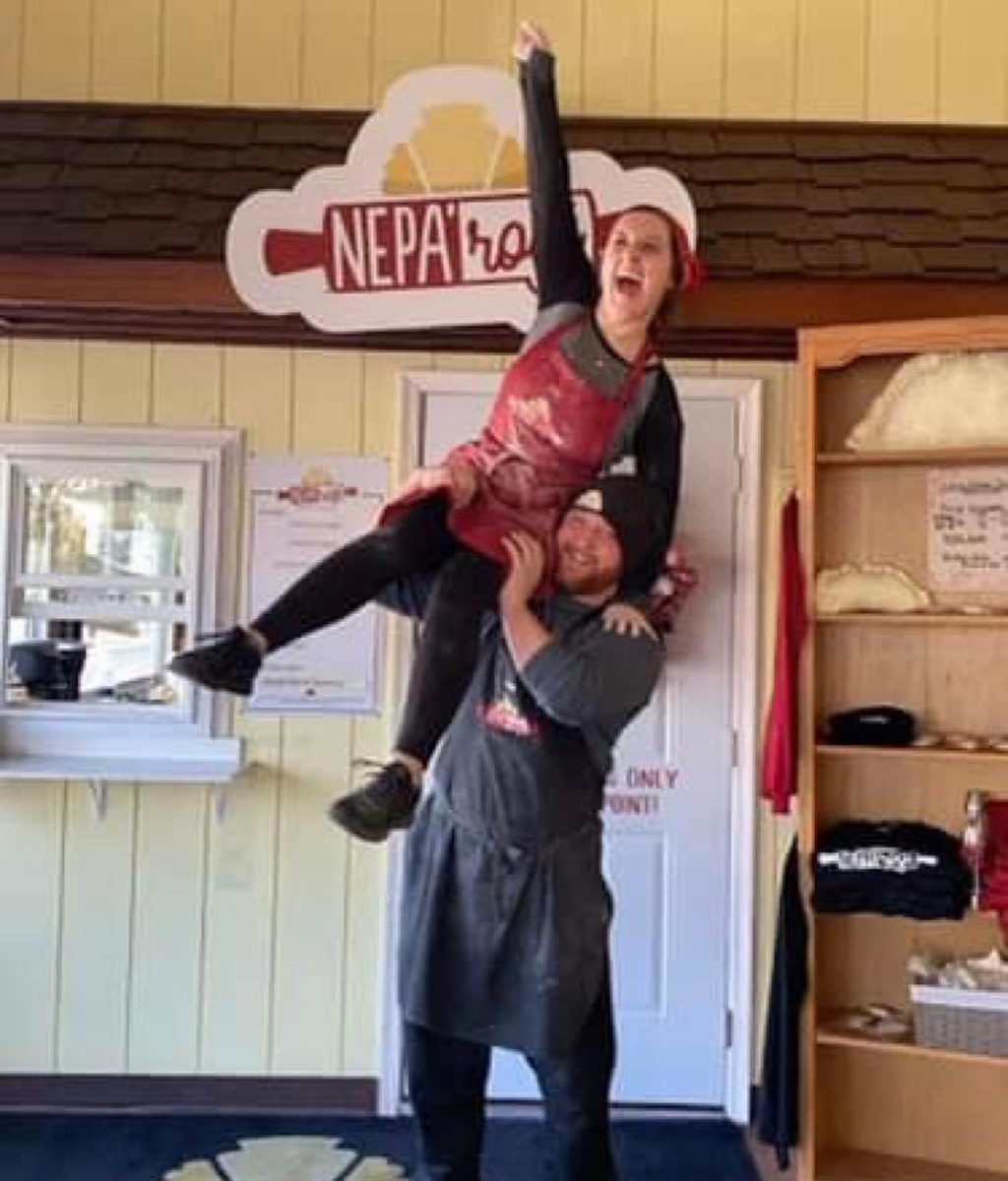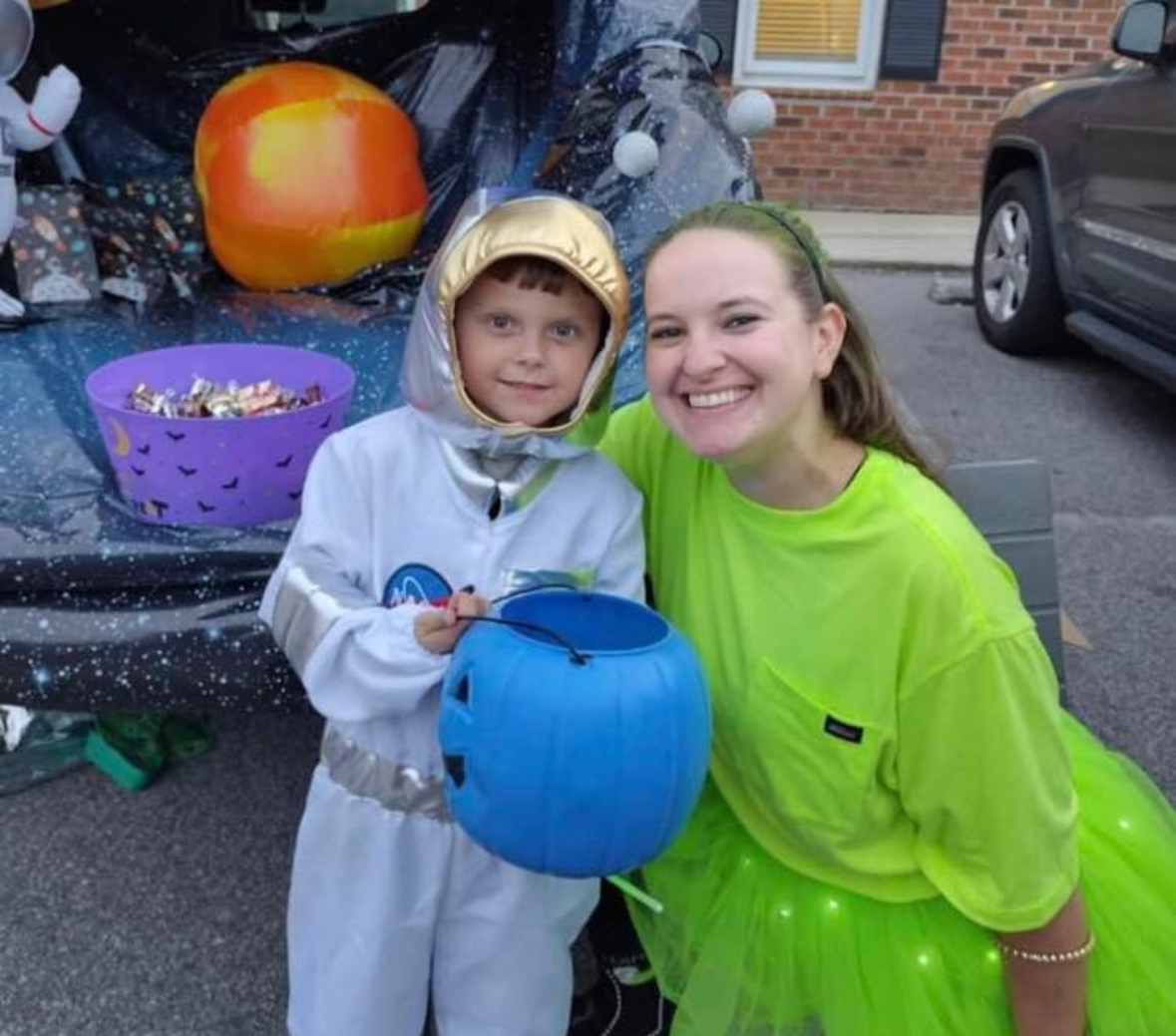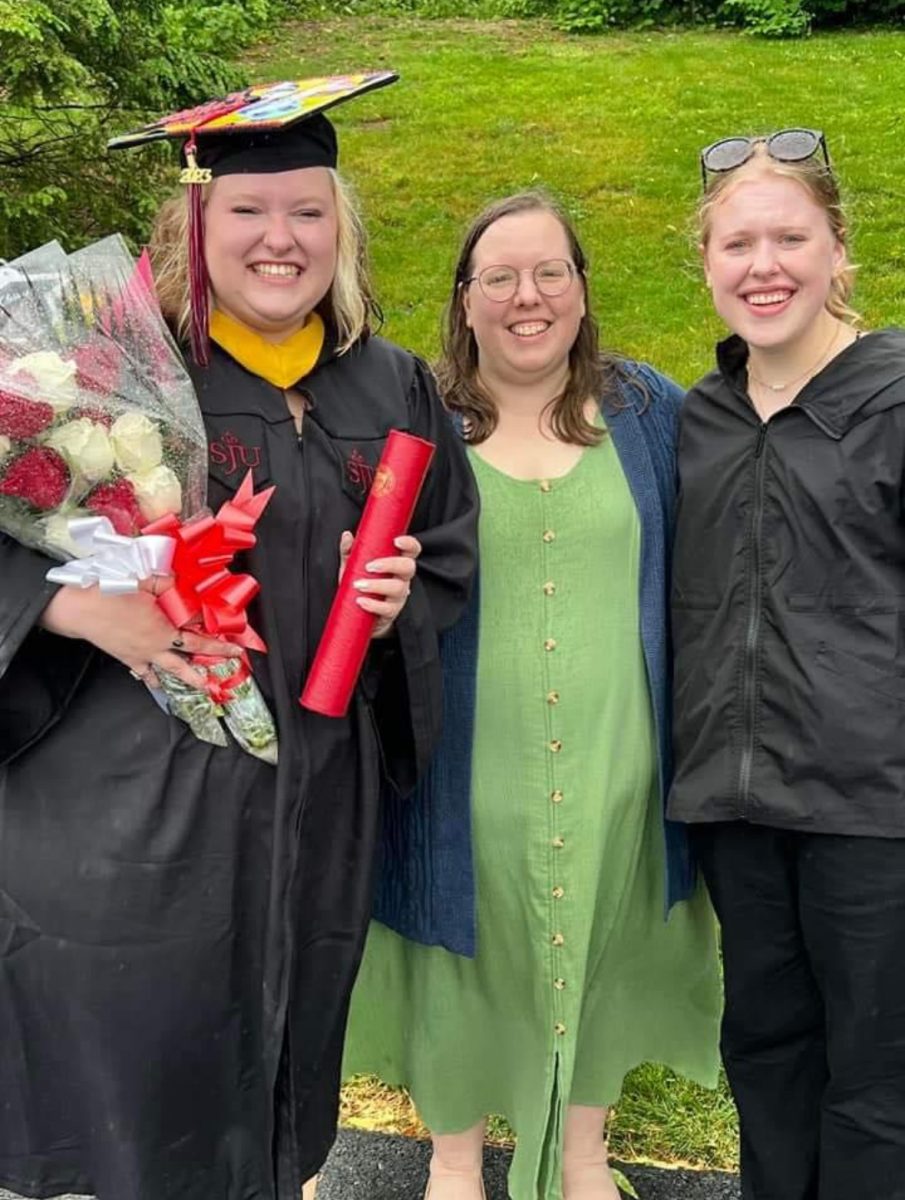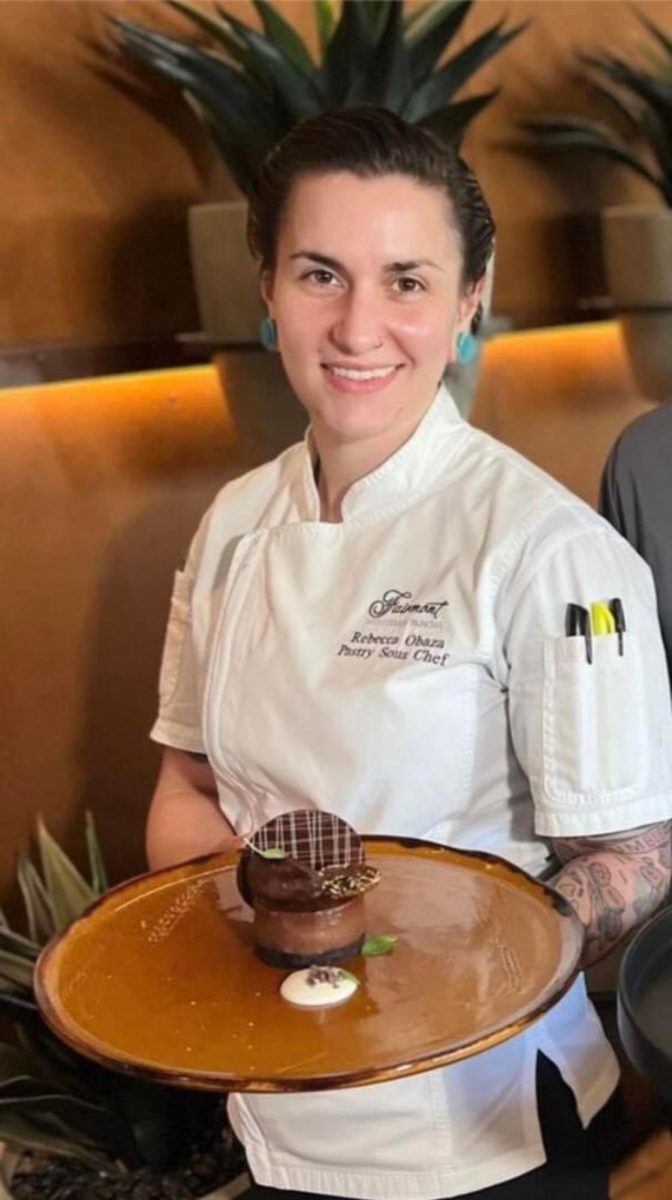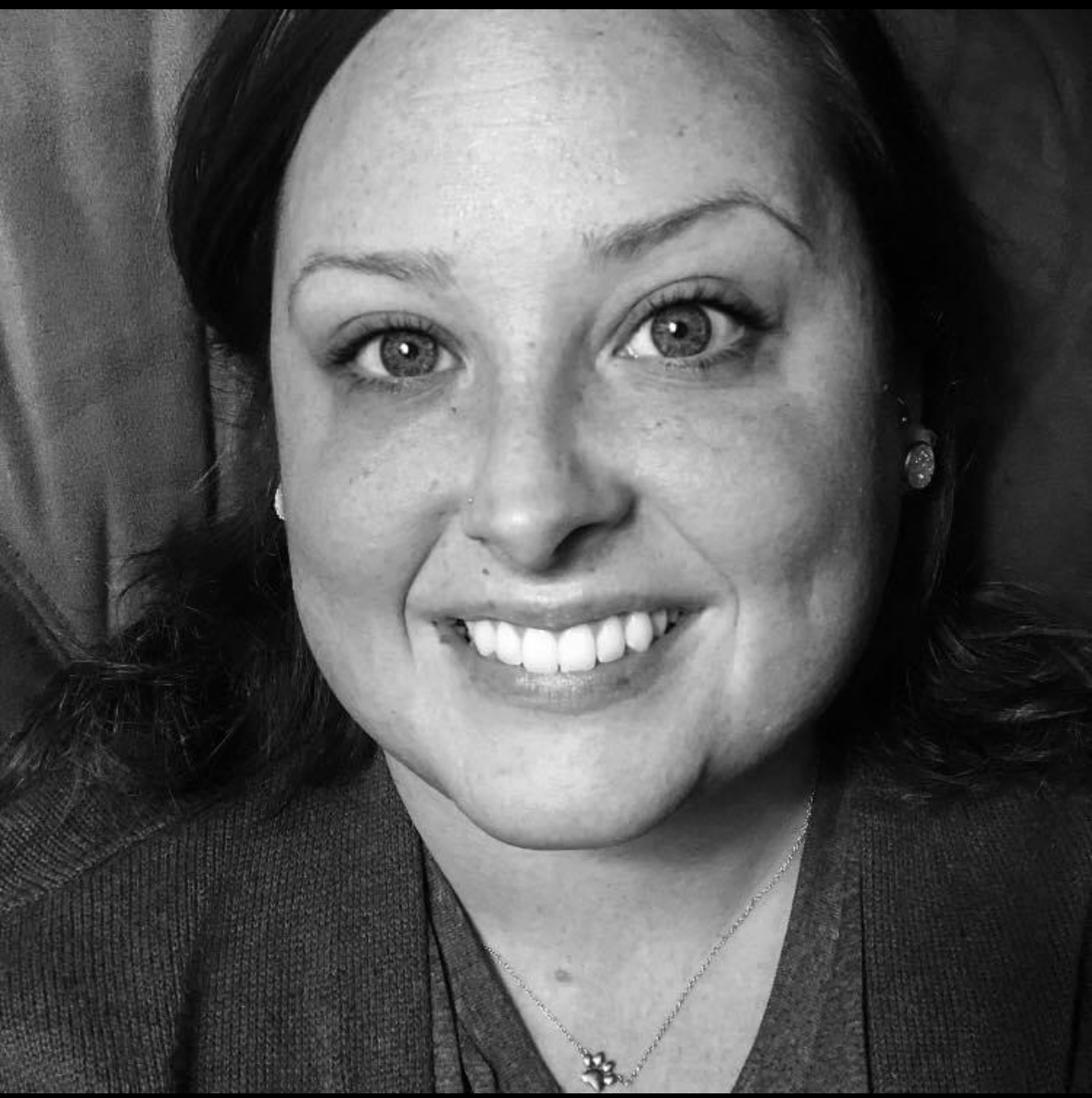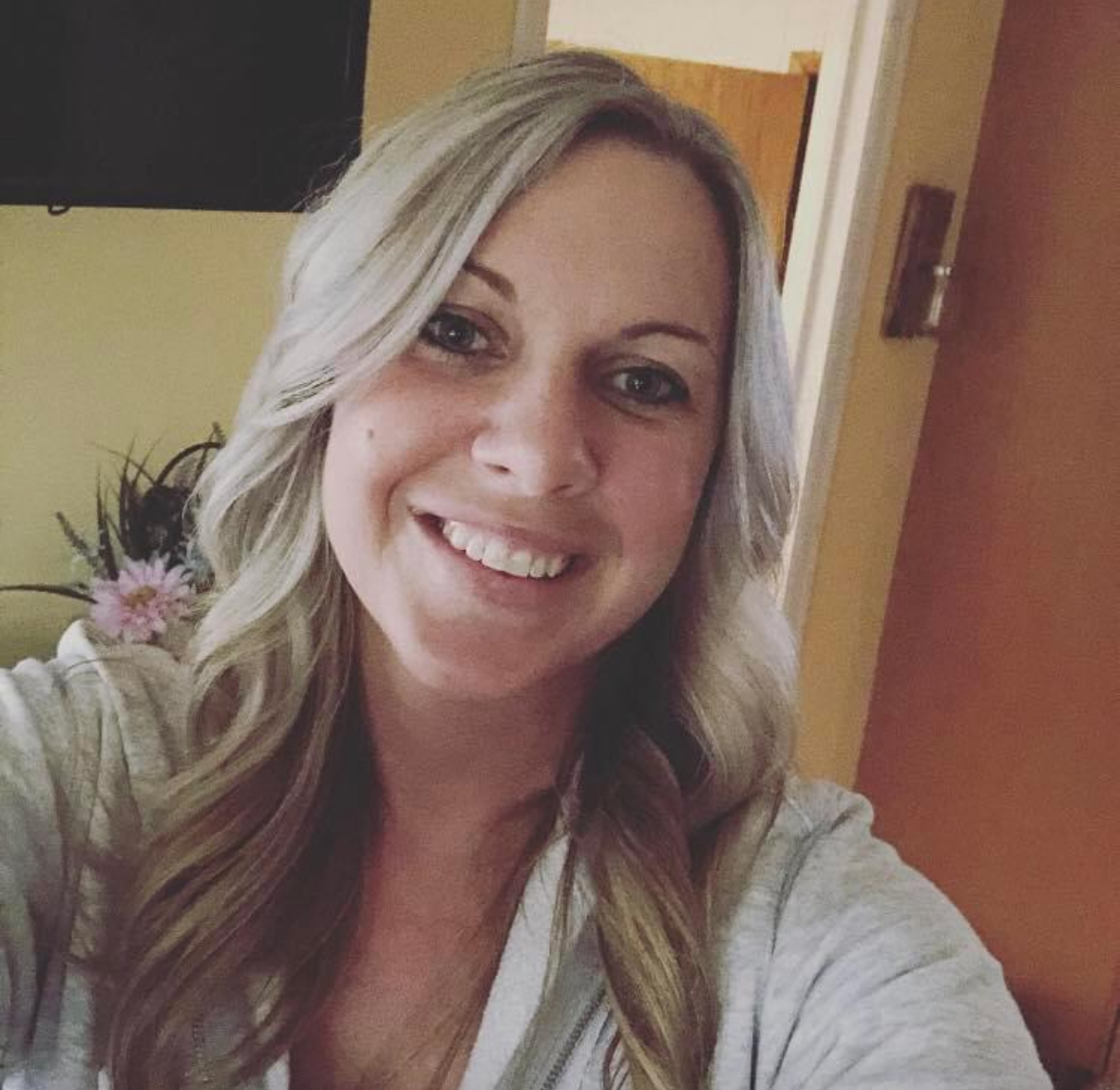Being diagnosed with cancer at 11-years-old changes everything: it changes your family dynamic, how people treat you, and your relationship with your own body. It was only a month before September 11, 2001–most of the world had other things on their mind, but I was focused on the nightmare going on inside of me. Sometimes, I think about the girl I was before life got really real: I liked to take things slow, I liked bright colors, funky music, and cooking. Cancer shifted all of that. All I wanted was to be normal, so I went into hyperdrive just trying to fit in with my friends, my field hockey team, and my family. But my quest for “normal” dulled my shine, and now, in my 30s, I spend a great deal of time doing inner work on myself and reflecting on what I really want in life. I’m back to bright colors and enjoying the simplicity of conquering a new recipe.
In 2001, there was so much unknown in my life, so much of what I didn’t know then was anxiety, and then there was facing my own mortality–the fact that we are all going to die someday–and it took years to swallow that giant pill, and that’s when I really started to live. I took every opportunity that came up: my parents supported my first travel experience to Spain in freshman year, I had various part-time jobs, and big city dreams. What I didn’t know then was where I would land, but I knew that once I got that cancer into remission (a three-year fight), I would be ok. My parents, though divorced, were pillars of strength. They never waivered; I never saw them flinch. They were fierce, and that taught me to be brave…for myself. I am most proud of the way I work through adversity. I experience pain and suffering the same as everyone else, but I never lose sight of the light. For this, I thank cancer.
Fast forward to 2020, and I suddenly lost my job, my career. I had JUST finished my masters, and I had a false sense of security. And that’s the point of my story: we are all just one instance away from food insecurity or homelessness. Frank and I relied solely on my income at the time, because this was sudden: our savings were limited. I had volunteered at my town food pantry before, and my friend Katherine Pohlidal kindly dropped a box off for us. We had served together at the food pantry, and here I was receiving. I was standing on my front porch when she delivered the box. I looked at the contents and was pleasantly surprised that it wasn’t all rice and bread–it was fresh fruit and veggies, meats, dairy–and I said, “People are going to love this!” and she responded, “You are the people.” BOOM. What a moment. It rocked me. I cried. I felt shame, I felt gratitude, I felt a sense of being an outsider while also belonging.
Our mutual friend, Clancy Harrison, who has worked in establishing dignity around food insecurity, asked if I’d be willing to share my story. So I was featured on The Food Dignity Podcast and had another “aha” moment. There was a person on social media who was heavily impacted by my story, but not in the way you might think. I received negativity around the fact that I didn’t “need” support: I had a family, a house, a BMW. Well guess what: you can’t eat a car, and you have a hell of a time liquidating it in a once-in-a-lifetime global pandemic. This backlash helped me to reflect on two important things: People see the world from where they stand, and life hasn’t always been fair. There’s pain there about people’s own suffering that gets displaced. And, there is a massive stigma around asking for help in times of need. It is not a way of life, it’s a moment, and that is what the help is there for. I never lost sight of crawling out of that rut, and I am forever grateful for the resources that offered me a hand up.
I own and operate two businesses. The first, Grassroots, began in 2013, when I started my first marketing job with Ashley Furniture Corporate. (Funny enough, I’m back with Ashley almost a decade later!) It wasn’t until I began working on a community Facebook page, Newport Township Now, that I realized what social media could really do for an organization or a business. So, I had this Facebook page about community events, I wanted to make a change in my community, and I had an interest in running for office–I did, but I lost. But I began working with Rep. Eddie Day Pashinski by helping him with social media and events, and this is when I realized the same principles that applied to a campaign or community page also applied to small businesses and non-profit organizations. And that’s how it started. I still get phone calls saying, “Are you the social media girl?” “No, I’m the social media woman!” And I now have a whole team of female business professionals who can help you way beyond Facebook. We focus on traditional marketing, development, fundraising, events, content creation, websites, social listening, brand-building and cohesiveness, and so much more.
The second comes from family tradition and my deep roots here in NEPA. When I was a little girl, my mom and I made pierogi with my great, great aunt, and it was my job to press the fork around the edges of the pierogi. I have so many memories cooking with my Grammy around all holidays, especially Christmas and Easter. She had assigned seats for us, firm traditions–breaking of the oplatki at Christmas or getting the basket blessed at Easter. She also had all of the photos and letters from her entire family before her. I always had access to WWII photos, cedar chests, letters; I grew up digging around in boxes and closets, totally entranced by the magic of what once was, and how it led to me. Grammy was the keeper of the history, and over time, she handed that to me. When I’m cooking, or listening to Creedence Clearwater Revival, or holding my new nephew, I feel close to my ancestors. They guide me, and I’d like to think they are proud of what we’re doing.
We made family pierogi with the Marcinkowski family for the holidays. In December 2020, we were all on lockdown, and my brain was free to dream. I wasn’t working, I wasn’t stressing, I was being my authentic self. But I could see the culture that I grew up with waning in NEPA, and I knew that if the stories of my ancestors were going to survive, I had to be the one to tell them. And it was here that I said, “Why don’t we take some orders and sell these to friends and family?” Frank and his mom and dad, who were also home, like us, said, “Sure!” We worked in my kitchen; Frank rolled dough, Dee, my mom, nanny and I pinched, and his dad boiled. We threw up a Facebook status and I used my marketing skills to make a single Canva graphic and front yard signs. It went so well that by February, we were driving our food truck home from across the country, and by September, we opened NEPArogi in Nanticoke. Poor Frankie didn’t know what hit him!
Although I’ve been the perpetrator in the past, I wince when I hear people talk shit about this area. I have tried to make a break for it, more than once, but this area is our home; there’s great pride here, and I’ll be damned if I’m going to sit by and feed that. Give energy, get energy. And I have seen the fruits of this through my own experiences here. NEPA is an amazingly blank canvas for anyone looking to create the life they want.
Lauren Gorney, 2007
Owner, NEPArogi
Owner, Grass Roots Development


